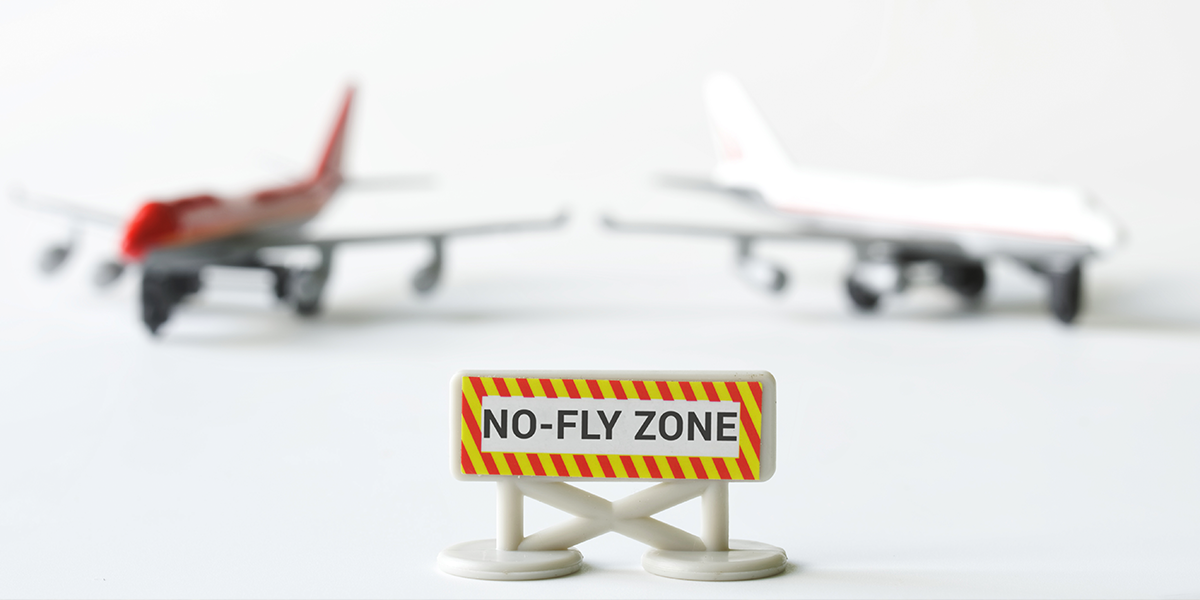Fewer Flights, Less Face Time
- Nigerian, Thai and Surinamese ministers are cutting back on travel amid pressure at home, while Argentina and Algeria’s top energy officials skipped CERAWeek last month.
- The travel cutbacks mean ministers and agency heads are less readily available for talks at industry gatherings.
- Travel bans, while handy for quick PR wins, will mean IECs executives serious about opportunities in these countries will need to travel to them
What Government Travel Bans Mean for Energy Investment
As of 1 April and for the next three months, Nigeria’s government ministers and agency heads are subject to a strict international travel ban.
In a leaked memo, President Bola Ahmed Tinubu’s Chief of Staff Femi Gbajabiamila said the ban was in response to “concerns” about the rising cost of travel expenses. The order came at a time when the country is facing a battery of economic challenges and when citizens are struggling with surging transportation costs.
Once the ban comes into force, government officials must seek permission for travel with two weeks’ notice. Gbajabiamila noted that cutting back on junkets and conferences will allow ministers to focus on departmental delivery.
Tinubu is a man for piquant timing: With a cabinet reshuffle mooted for late May, he knows demanding good behavior at this particular moment will likely result in greater adherence.
Grounding Goes Global
It’s not just in Nigeria where officials are cutting back on jaunts.
In late March, Thailand’s Prime Minister and avid travel trunk collector Srettha Thavisin said he would pause all overseas trips for two months amid criticism that he spends too much time out of the country. He is switching luxury hotels to inspect the dilapidated Mo Chit bus terminal.
Meanwhile, in Suriname, Foreign Minister Albert Ramdin announced on behalf of President Chan Santokhi in early March that ministers and officials should drastically limit their foreign travel. Ramdin said the government’s attention and resources must be focused on key national issues, including security, education, price control, health care and social programs.
At the recent CERAWeek conference in Houston, several delegations were notable for their absence. Argentina’s President Javier Milei, who makes a big deal of flying commercial, did not send a team despite the huge investor interest in his country these days.
Algeria’s delegation planned to attend, scheduling an event with the US-Algeria Business Council, but canceled at the last minute without explanation amid rumors of political turmoil back home. The no-show sharply contrasted with 2023, when Energy Minister Mohamed Arkab led a sizable delegation for talks with investors.
Official Travel Bans = Million-Miler IEC Execs
Officials scaling back travel is relevant for IECs for several reasons. The first is practical.
Failure to attend events like CERA means executives must travel into the country for talks, hold video calls and may have to delay decisions. Rather than senior IEC executives being able to meet officials from several countries at a single event, their already busy flying schedules start to look like Taylor Swift’s.
They also betray the prioritization of quick PR wins over the long-term investment strategy that could bring in the money necessary to significantly improve public finances.
Sonatrach CEO Rachid Hachichi’s absence in Houston in particular was a missed opportunity for Algeria’s NOC to reinforce its visibility and attract new business partners. Likewise for the Milei administration: skipping a major event for the energy industry showed that the government was highly focused on its domestic agenda.
While this strategy makes sense given the many problems demanding urgent attention in Argentina, it may be a tactical error when the same government is trying to sell the message that investment conditions are improving.
Stay-At-Home Geopolitics
Some officials’ choices to shun air travel — for now — may also reflect a renewed affinity in the Global South for displays of independence from the West. Such oppositional postures are en vogue these days in some regions — just look at recent shifts in rhetoric from leaders of the military-run Sahel countries toward France, their former colonial power.
In such contexts, (populist) leaders might decide they can best burnish their images by thumbing their noses at conference invitations and forcing IEC executives to travel to them.
Still, IEC executives should not worry unduly just yet. Travel bans like Tinubu’s and Sretta’s are often performative and typically hard to enforce.
On 1 April, the first day his ministers were subject to the restrictions, Tinubu announced he and Foreign Minister Yusuf Tuggar would fly to Dakar for the inauguration of newly elected President Bassirou Diomaye Faye the next day. While his presence is arguably important given the recent ructions within ECOWAS, it may be tough for his stay-at-home ministers to swallow.
In the next three months, we will keep a close eye on the hotel lobbies of London, Houston, Paris and more for signs that frequent government fliers are back on the road.
How will the travel bans impact energy investment?
Please provide your email below to receive additional analysis.
About Horizon Engage
Horizon Engage provides country-level analysis on political, social and environmental issues that impact the investment climate for foreign direct investors. We’re changing the game for our clients by merging tech and geopolitical expertise in a whole new way. Let us be your eyes and ears so you can make decisions with confidence. Learn what we do.



